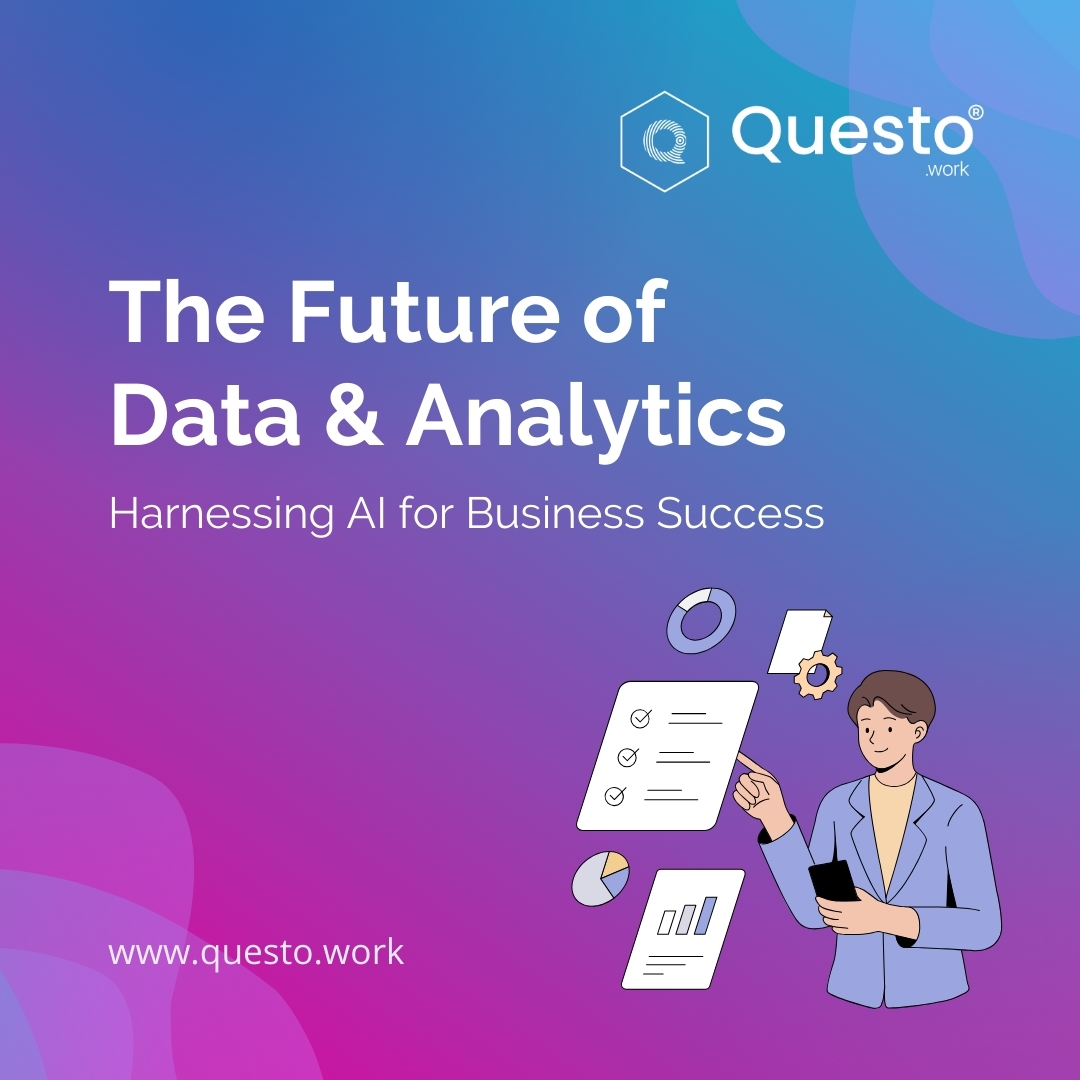
In the dynamic landscape of modern business, data and analytics have become the cornerstones of informed decision-making. As we stand at the brink of a new era, the integration of Artificial Intelligence (AI) is poised to revolutionize the way we perceive, analyze, and utilize data for achieving unparalleled success.
The Data Dilemma: From Volume to Value
In recent years, businesses have grappled with the explosion of data. While the sheer volume has been overwhelming, the true challenge lies in extracting meaningful insights that drive strategic decisions. This is where AI steps in as a game-changer. AI technologies, fueled by machine learning algorithms and predictive analytics, empower organizations to move beyond data accumulation and into a realm of actionable intelligence.
The Power of Predictive Analytics
Predictive analytics, a subset of AI, allows businesses to foresee trends, anticipate customer behavior, and mitigate risks before they materialize. By analyzing historical data patterns, machine learning models can make accurate predictions, enabling businesses to proactively shape their strategies. Whether it’s forecasting market trends, optimizing supply chains, or predicting customer preferences, the applications of predictive analytics are boundless.
Real-Time Decision-Making with AI
The speed at which business operates today demands real-time insights. Traditional analytics often falls short in providing immediate responses to dynamic situations. AI algorithms, on the other hand, excel in processing vast datasets in real-time. This capability empowers businesses to make split-second decisions, whether in responding to market shifts, adjusting pricing strategies, or managing operational processes with unparalleled efficiency.
Enhanced Customer Experiences
Customer-centricity is at the heart of successful businesses, and AI plays a pivotal role in enhancing customer experiences. Through sentiment analysis, personalized recommendations, and chatbot interactions, businesses can not only understand their customers better but also create tailored experiences that foster loyalty. AI-driven analytics transforms customer data into actionable insights, allowing businesses to anticipate needs and deliver exceptional service.
Overcoming Data Challenges with AI
The traditional challenges of data quality, integration, and accessibility are addressed by AI-driven analytics. Machine learning algorithms can identify and rectify inconsistencies in datasets, automate data integration processes, and ensure data integrity across the organization. This not only saves time and resources but also enhances the reliability of insights derived from the data.
Preparing for the AI-Driven Future
As businesses navigate the evolving landscape of data and analytics, embracing AI is not just a choice; it’s a strategic imperative. To harness the full potential of AI for business success, organizations must invest in talent equipped with AI expertise, foster a data-driven culture, and adopt AI technologies that align with their strategic objectives.
In conclusion, the future of data and analytics is intrinsically tied to the evolution of AI. The businesses that successfully leverage AI for data-driven decision-making will not only stay competitive but also pave the way for groundbreaking innovations. The era of AI-powered analytics is upon us, and the journey promises to be nothing short of transformative. It’s time to embrace the future – where data meets intelligence, and success follows suit.